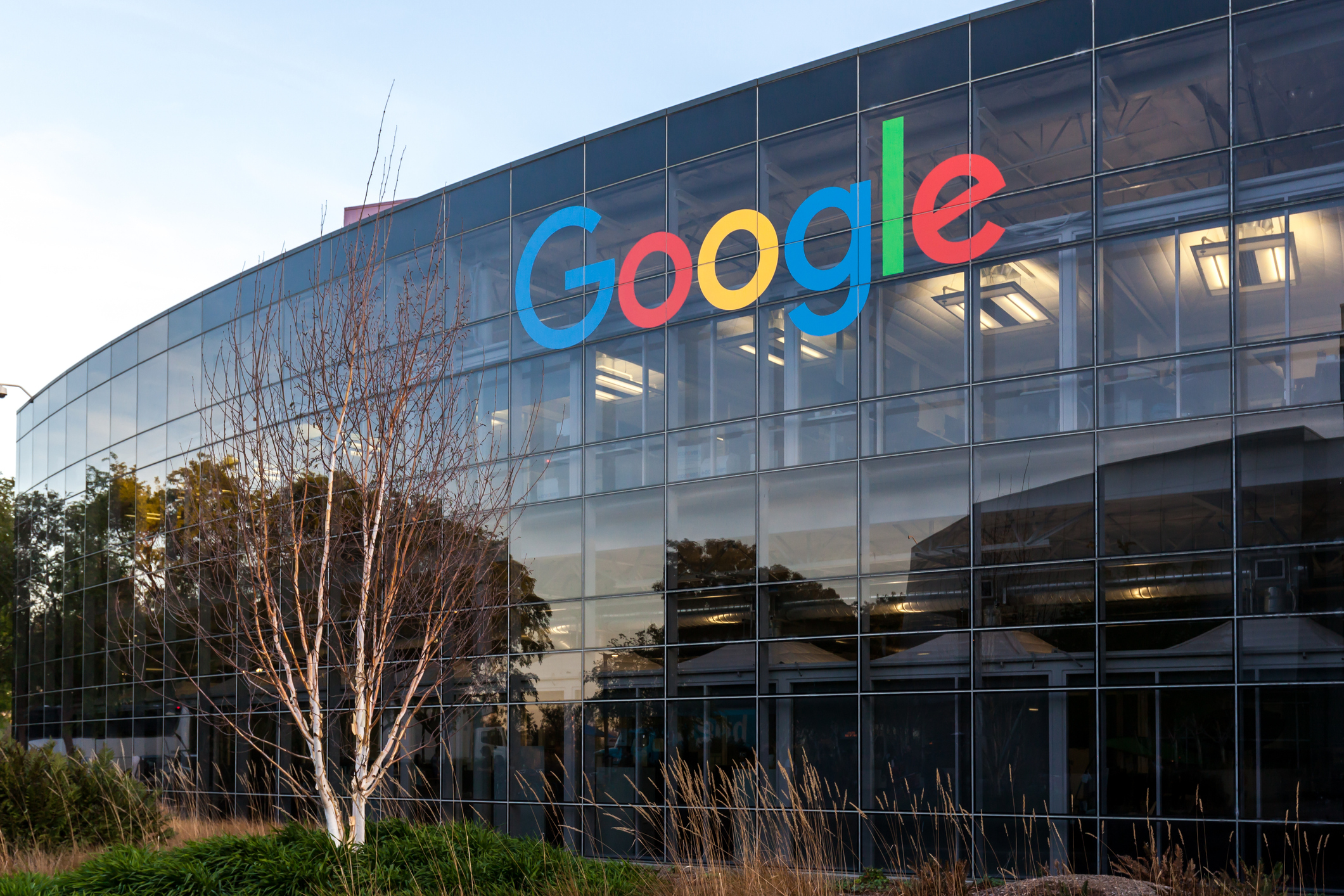The Decision in Google’s Monopolization Case May Benefit Competitors More Than Consumers

In a court decision last week between Google and the U.S. Department of Justice (DOJ), Judge Amit Mehta concluded that Google violated U.S. antitrust laws by entering into distribution agreements that established Google as the default search engine for third-party web browsers and mobile devices. Although the heart of the decision rested on the purported anticompetitive effects of these contractual agreements, an actual analysis of resulting consumer harm appears to be lacking. This is analyzed further in a previous DisCo post.
Importantly, Judge Mehta concluded that consumers and businesses alike choose Google because of its “quality” in search results and ability to provide the “best bet for monetizing queries.” Moreover, Judge Mehta recognized that Google has lawfully earned its position in the market. He noted that Google “hired thousands of highly skilled engineers, innovated consistently, and made shrewd business decisions.” Simply being a dominant company is not in itself illegal, as Judge Mehta acknowledged, and obtaining and preserving a market position through conduct that benefits consumers is not an antitrust violation.
Having acknowledged that Google’s search engine provides consumer benefits and that its market position was earned legitimately, the court reasoned that these distribution agreements prevented competitors from scaling and competing effectively. Of course, these agreements do not prevent competitors from bidding for default status, or from enticing consumers to change their preferred search engine. Indeed, Judge Mehta notes that even if Google’s search engine might be the default on certain devices, consumers can easily switch to other search engines at any point. Ultimately, the court’s decision appears to fault Google for bidding on default status, something that competing search providers can and have bid for.
One consequence of this ruling may be to erode investment on products and services where paid distribution presently occurs. If there are fewer bidders for distribution in browsers and mobile ecosystems, the resources available to improve those products will dwindle, and free services that consumers value may atrophy. That works out well for competitors who will face less competition in bidding for distribution, but poorly for the consumers who benefit from products that get paid for distribution. In sum, the decision’s outcome seemed to skew toward competitors, rather than competition — something regulators and courts have long stated should not be the goal of U.S. antitrust policy.
Following this court decision, a September hearing will commence to discuss an appropriate remedy. The DOJ has reportedly indicated an interest in seeking to break up Google’s various applications and properties. While structural remedies such as this have gained considerable attention from progressives in recent years, they are relatively rare, and their results are mixed. Nevertheless, the DOJ may contemplate divestment of the Android operating system, Google Chrome web browser, or the AdWords advertising software. Yet, without a clear showing of harm, it is unclear how such drastic relief would work to the benefit of consumers or small businesses who utilize Google services everyday. Additional options for a remedy, such as those limiting Google’s ability to contract with other companies, raise other questions. For example, if paid distribution is frowned upon, the DOJ could inadvertently strangle revenues of businesses who get paid to distribute.
There remains a possibility that Judge Mehta’s ruling might not survive on appeal. The lack of consumer harm and recognition of Google’s investments and innovation in search will present challenges for the decision’s defenders. In addition, the federal appeals court is likely to hear that the decision benefits Google’s direct competitors at the expense of consumers, by picking winners and losers in the race for distribution and ad space.
What is certain is that this case will continue on for several more years. While Google defends the benefits of these agreements on appeal, consumers will see less of the development and constant innovation that has characterized robustly competitive search markets.








